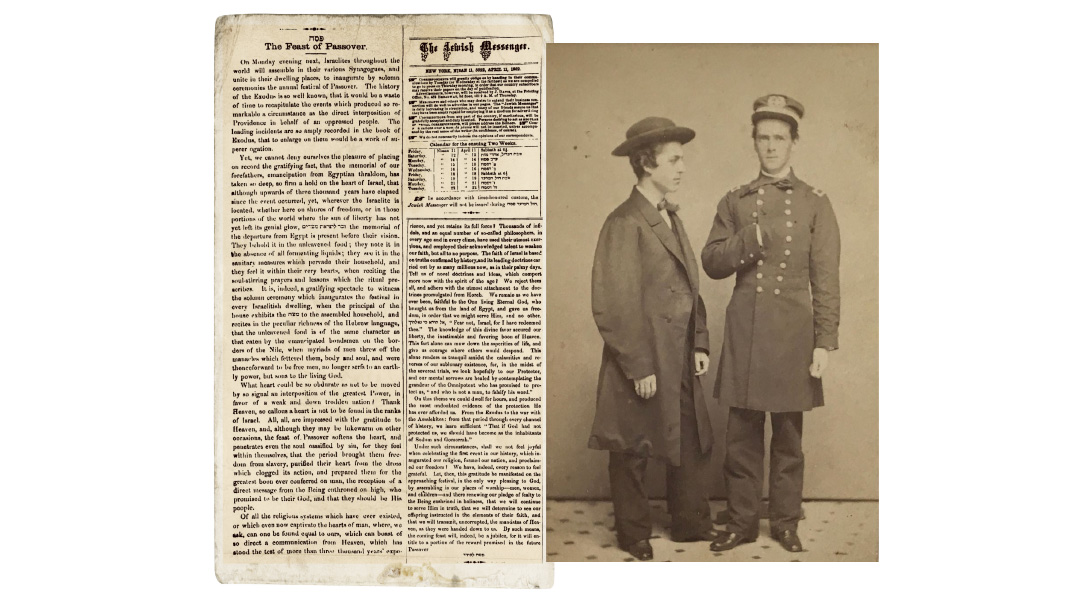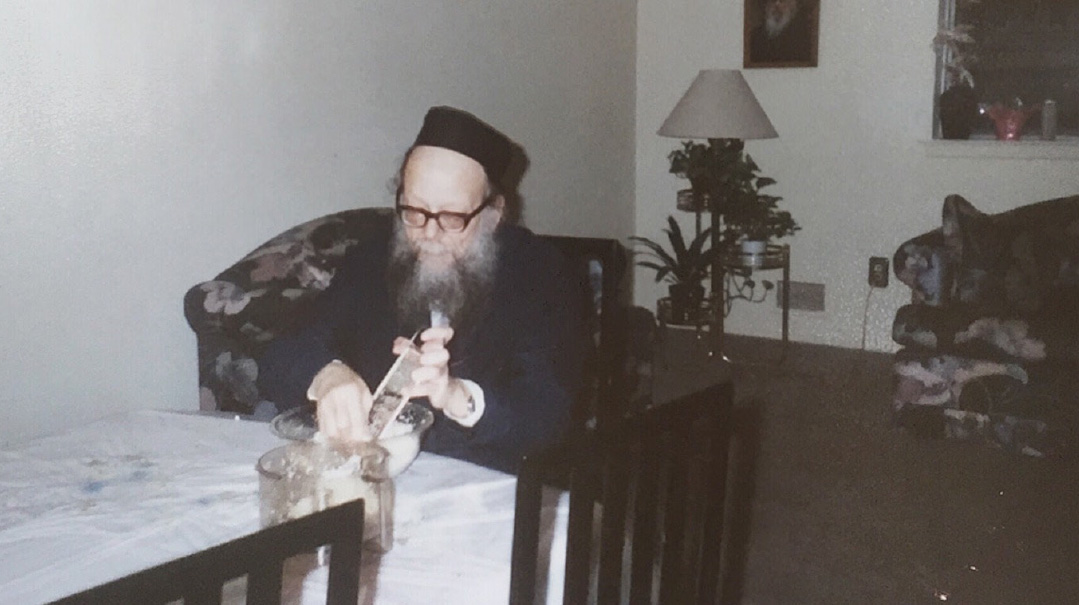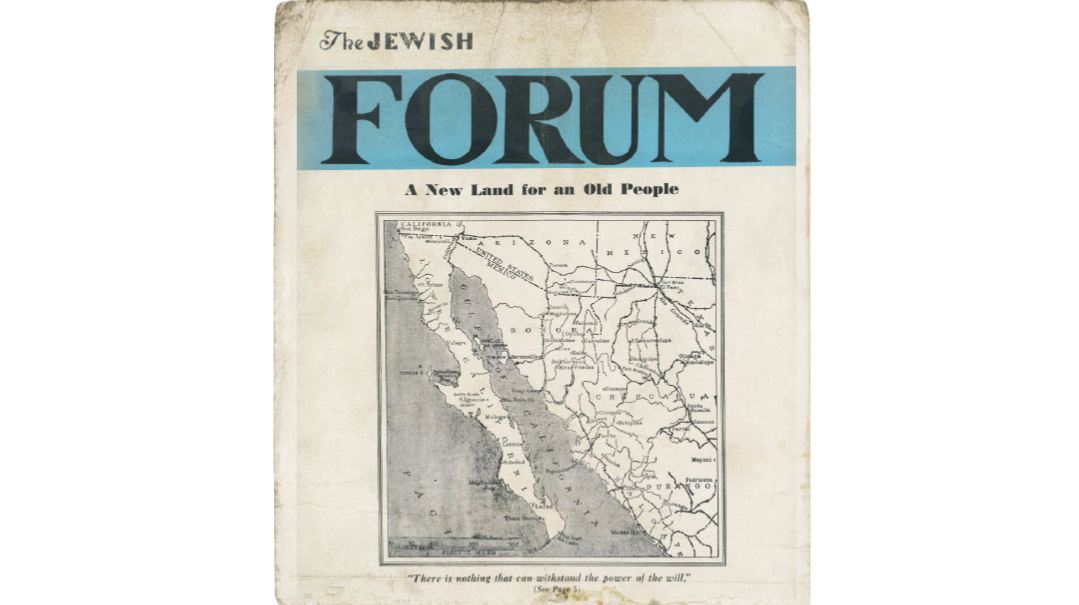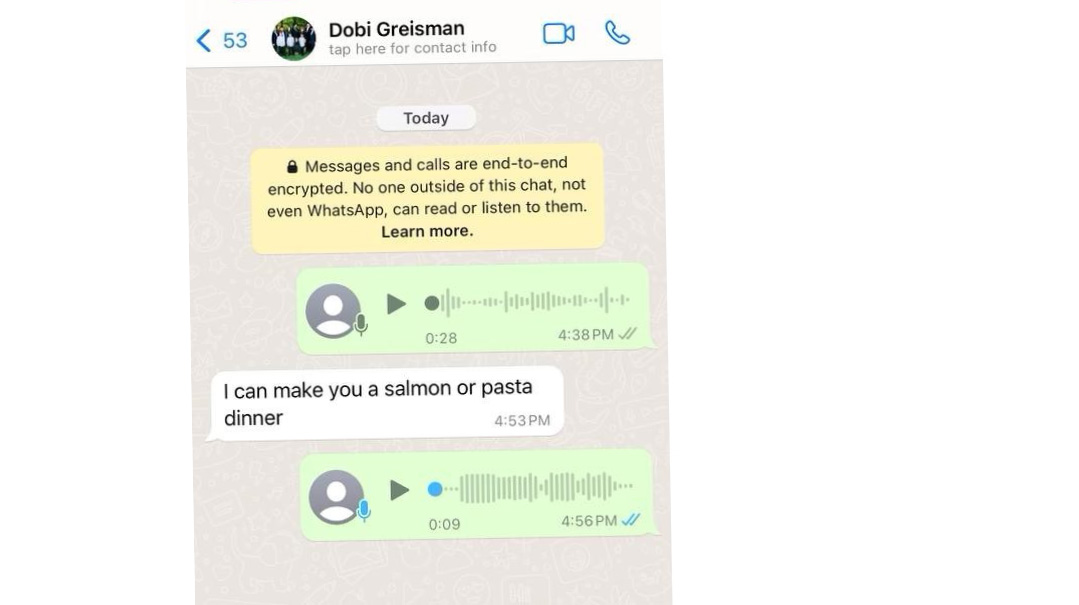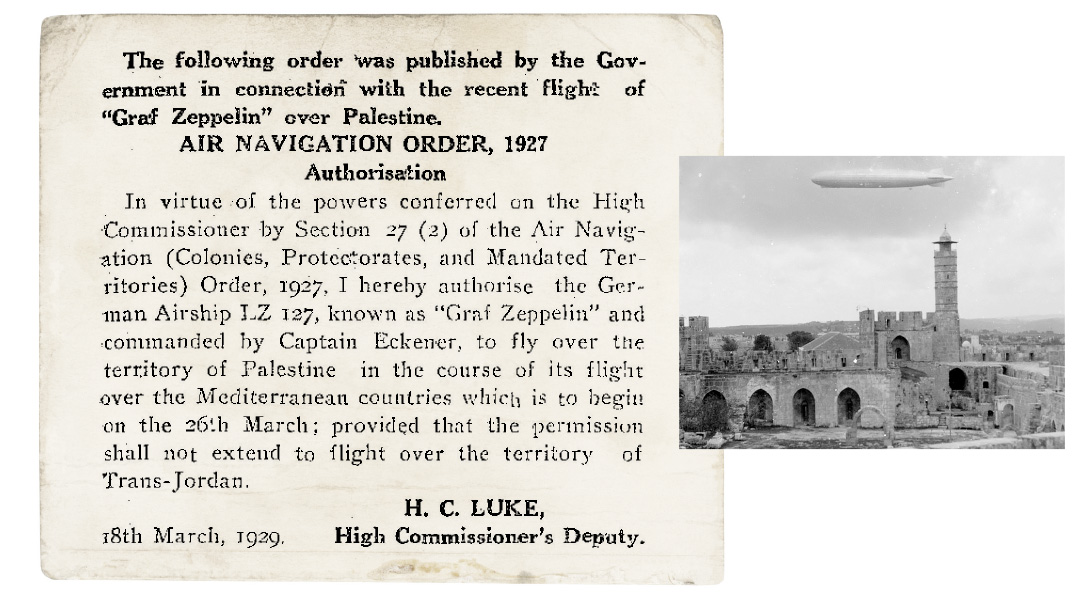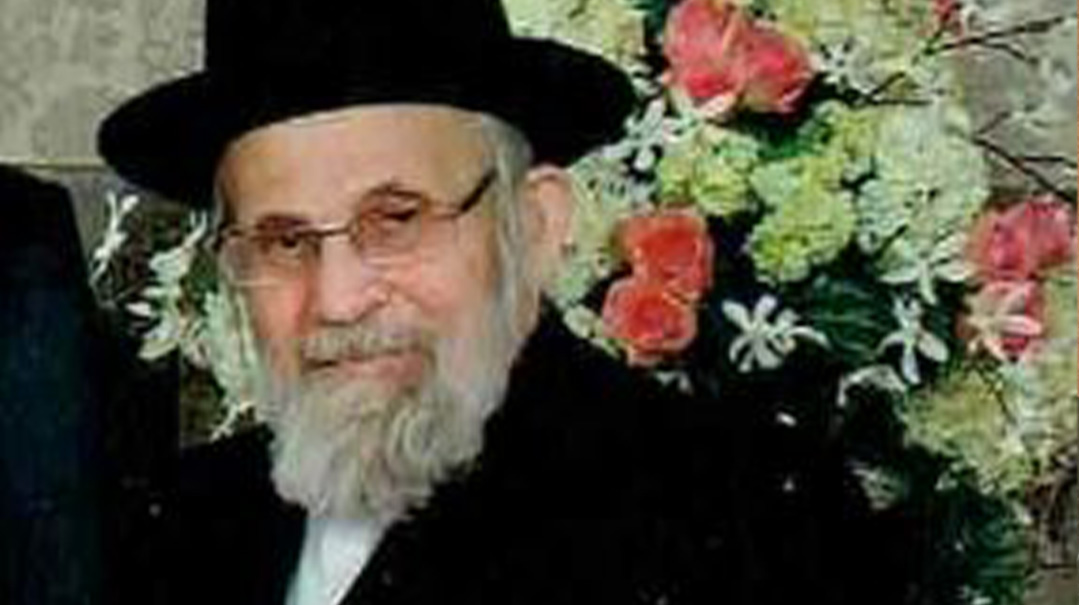The Moment: Issue 1003
| March 12, 2024“Every siyum is special, but a collective siyum made by boys who have all lost a parent is extraordinary”
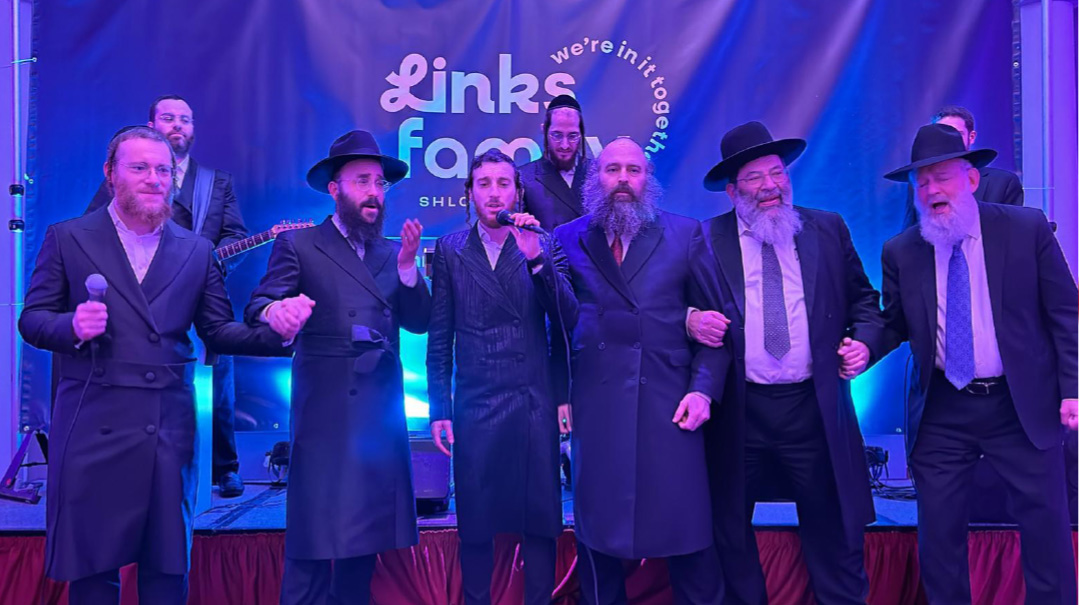
Living Higher
T
his past Shabbos, the Links Family organization hosted its biannual Shlomie’s Club shabbaton for over 200 boys, ranging from just under bar mitzvah to bochurim in their upper teenage years — all of whom have lost a parent Rachmana litzlan. On Motzaei Shabbos, the bochurim made a siyum in memory of the legendary philanthropist, Reb Shlomie Gross z”l, and immediately broke into spirited song and dance led by Yanky and Shulem Lemmer. The energy that pulsated through the room was unforgettable.
When the boys began singing the stirring Kah Ribon, composed by Chesky Weiss and sung by Dovi Meisels, in which the lyrics for the high part of the song repeat over and over, “Far Dir, far Dir, nur far Dir — for You, for You, only for You,” the intensity reached new heights, and the boys joined the two singers on stage, reiterating the phrase with heartfelt emotion. Later in the evening, Rabbi Nosson Muller, the menahel of Chicago’s Yeshivas Tiferes Tzvi and a member of the Links Family Rabbinical Board, spoke to the audience and reflected on the song.
Every siyum is special, said Rabbi Muller, but a collective siyum made by boys who have all lost a parent is extraordinary. He recounted a story about a great tzaddik who lost everything in the war — family, community, home — save for one grandson, who survived. Once, the tzaddik sought to compliment his grandson for remaining staunch in his Yiddishkeit despite the horrors he experienced. But the grandson was distraught upon hearing his grandfather commend him for remaining unchanged. How could he have stayed unchanged? he responded. Shouldn’t the destruction he witnessed have made him into a better person?
There is a level of acceptance in the face of tragedy, said Rabbi Muller, like the one the Torah tells us about when describing Aharon HaKohein’s reaction to his sons’ death. “Vayidom Aharon — and Aharon was silent.”
But then there is an even higher level, he continued, and that is when a person uses a tragedy to catapult his growth, as the pasuk says in Tehillim, “l’maan yizamerchecha kavod, v’lo yidom — So that my soul might sing to You and not be stilled.”
When over 200 yesomim turn pain into joy by making a joint siyum, said Rabbi Muller, it is an expression of growth, of connection to Hashem — that everything and anything is nur far Dir.
HAPPENING IN... Cincinnati
There is a concept of l’maalah min hamakom — where the rules of nature dictating spatial limitations bend in the face of spiritual necessity. Members of the frum community in Cincinnati, Ohio, are unable to explain what they experienced this past Shabbos other than as the miracle of l’maaalah min hamakom.
The community, whose membership numbers several hundred, hosted the Loitzker Rebbe shlita, along with 160 chassidim. Community members graciously opened their homes to the guests, and the local Chabad yeshivah, which had an off-Shabbos that week, offered some 70 beds as well. Congregation Zichron Eliezer hosted the guests for davening, a near 100 percent increase in its numbers, and, miraculously, there was room for all. The Loitzker Rebbe presided over a Friday night tish in the shul as well as Shalosh Seudos, followed by Maariv and a beautiful Havdalah, after which the Rebbe distributed fruit and bestowed blessings to all who asked.
As the scores of chassidim bade farewell on Sunday morning, it felt as if the city limits themselves sighed sadly as they readjusted themselves to the laws of nature.
The Lens
At this past Sunday’s Shuvu dinner, Rav Shimon Galai shlita entered the hall after the program had already begun. His gabbaim led him to the seat that had been reserved for him on the dais. But Rav Galai made it clear that he had something to attend to before sitting down. The audience watched as Rav Galai walked over to Rav Reuven Feinstein shlita, seated on the dais as well. Only after giving a shalom aleichem and paying the proper kavod to the zekan roshei yeshivah did Rav Galai take his seat for the evening.
(Originally featured in Mishpacha, Issue 1003)
Oops! We could not locate your form.

